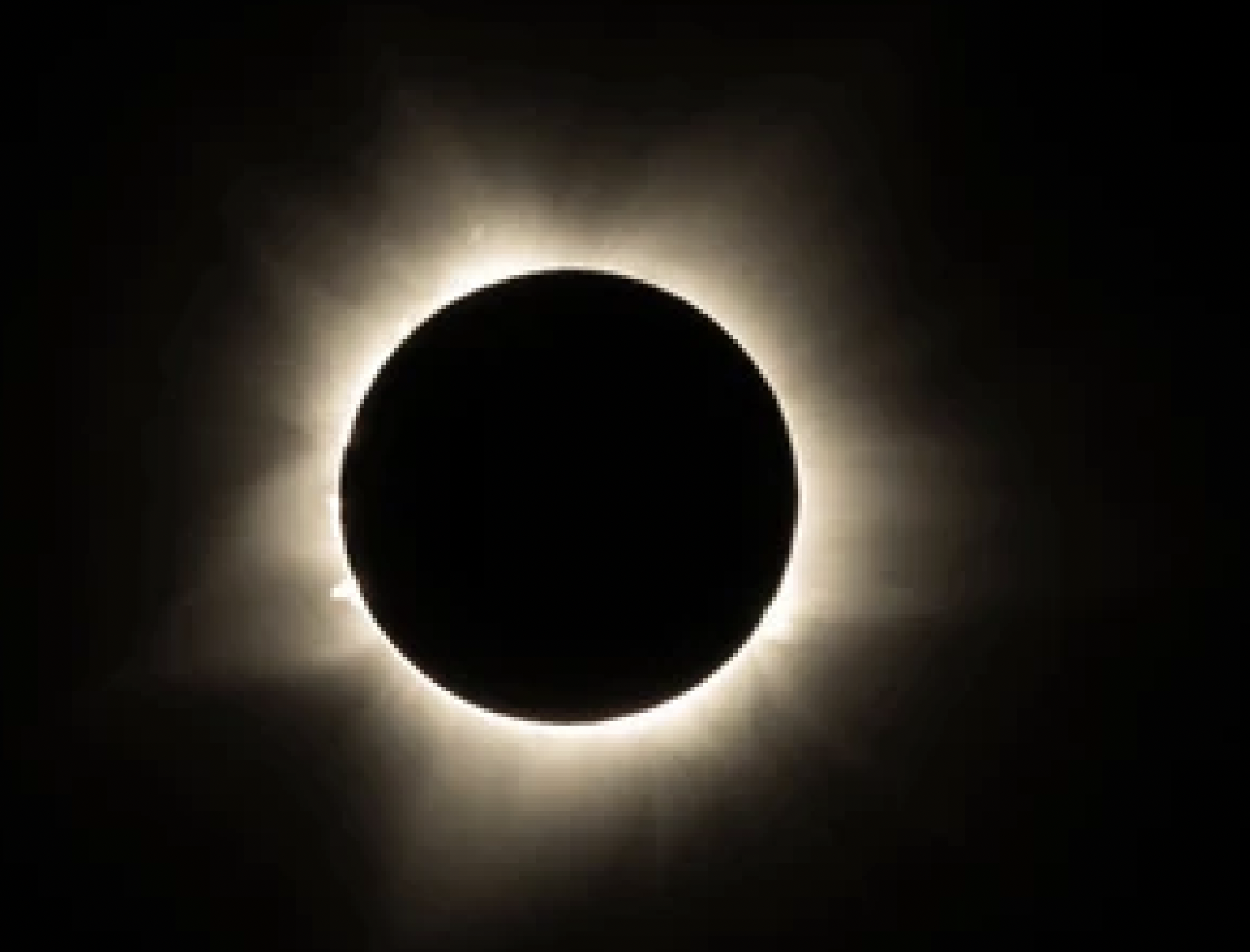Epic stories
Solar Eclipse
There will be a celestial event tomorrow in the Americas. A total solar eclipse. The noise surrounding it has been interesting to a mythologist or a symbolist. The eclipse has captured our imaginations. The collective response is all too predictable and disappointing. Provincial parks are closing, schools changed PA days, parking place prices have reached premium levels, and the rush for CE and ISO Certified Safe Shades rivals the rush for and the hording of toilet paper during the Pandemic. We panic about our bowels or about our visions. As above, so below. We are such symbolic creatures and most of us don’t even know it.
Public Safety campaigns warn us not to look skyward for the 3.5 minutes of the total eclipse. I understand that looking directly into the sun, even when there is no eclipse, can alter vision. There is even a name for the damage: solar retinopathy. The fear of blindness is surely real and just as surely exaggerated.
I am reminded of those mythical characters who dared to look directly upon mystery; in a burning bush, at the top of the Mount of Transfiguration, on the road to Damascus, in the gorgon’s lair, or in the belly of a whale. In each case, there was an alteration, a transformation. I am certainly not suggesting that this direct gaze be tested by anyone during the eclipse tomorrow, but I am suggesting we ponder the deeper symbolic meanings. Is a dragon eating the sun? Has Apep attacked the boat of the sun god? Are the gods angry and retreating. Did the Son of God just die on the cross?
It was now about noon, and darkness came over the whole land [or, earth] until three in the afternoon, while the sun's light failed [or, the sun was eclipsed]; and the curtain of the temple was torn in two. (Matthew 27:45)
There was a recent report of a large and hungry black bear on our country road. In fact, reported to be in someone’s front yard. Local social media lit up with warnings and admonishments. As if living with the powerful forces of nature can be anything but devouring, or dangerous. How did it come to this? We are sorely out of touch with nature, our nature. We live in a bubbled illusion of safety. We seek to shut out or warn against the mysteries of nature as if they were other. Other! We seem to have forgotten that we are nature. Everything is connected. There is a pattern. Maybe the recent Pandemic and the global panic that placed the illusion of safety as the highest value, amplified this gross misalignment. There are surely more important things than safety. Surely more important responses to celestial events or terrestrial events than public safety warnings.
When our ancient forebears glimpsed mystery, they told epic stories to capture, contain, and amplify the experience. Does it matter a wit if these stories are literally true? No! Literal meaning inflicts more blindness than mythical truths ever did. The Renaissance has done us a grave disservice. Placing man and his sensibilities at the centre of creation has eclipsed the epic stories or silenced the epic storytellers. While there is beauty in the lyricism of the Romantics, there is so much more substance in the epic stories of Homer, or Gilgamesh, or the Mahabharata. We need to find our way back to these meaty stories. Chew on them again. Or, we need to write new ones.
It was a bright cold day in April, and the clocks were striking thirteen…
Call me Ishmael…
In a hole in the ground there lived a hobbit…
It was the best of times, it was the worst of times, it was the age of wisdom, it was the age of foolishness, it was the epoch of belief, it was the epoch of incredulity, it was the season of Light, it was the season of Darkness, it was the spring of hope, it was the winter of despair…
I recall with disdain that the daily headlines during the recent pandemic were CoVid death numbers and hospitalization rates. Calls to flatten the curve did little more than flatten our imaginations. A kind of soul blindness or spiritual paralysis persists. I see it in my analytical office. Eclipsed by the cold hard scientific or political facts of the CoVid years, are the epic stories waiting to be told. Epic stories of seniors who died alone and confused in nursing homes. Epic stories of families who lost jobs and homes and one another. Epic stories of front line workers who laboured daily in the belly of the beast. Epic stories of unassailable courage, imperishable glory. Who will tell these stories?
Modern troubadour and mythologist, Martin Shaw, posits that we are living in per-Christian times. This is quite a provocative pronouncement. He suggests that we have to become pagan before we can truly apprehend the epic story from Galilee. Perhaps he is right. Have we have been blinded to complacency by a lyrical version of our story? A story told from the pulpit or podium that may be intellectually or emotionally alluring but is too easy to forsake? Perhaps we have missed the epic story. The epic story of the Druid Christ ever-present in rituals and encounters. This Christ is as wild as a Black bear on a country lane, as captivating as a solar eclipse, and as dangerous as a global pandemic. There is no safety here. But there is meaning.
Not known, because not looked for
But heard, half-heard,
in the stillness
Between two waves of the sea.
Quick now, here, now, always—
A condition of complete simplicity
(Costing not less than everything)
And all shall be well and
All manner of thing shall be well
When the tongues of flames are in-folded
Into the crowned knot of fire
And the fire and the rose are one.”
― T.S. Eliot, Four Quartets
